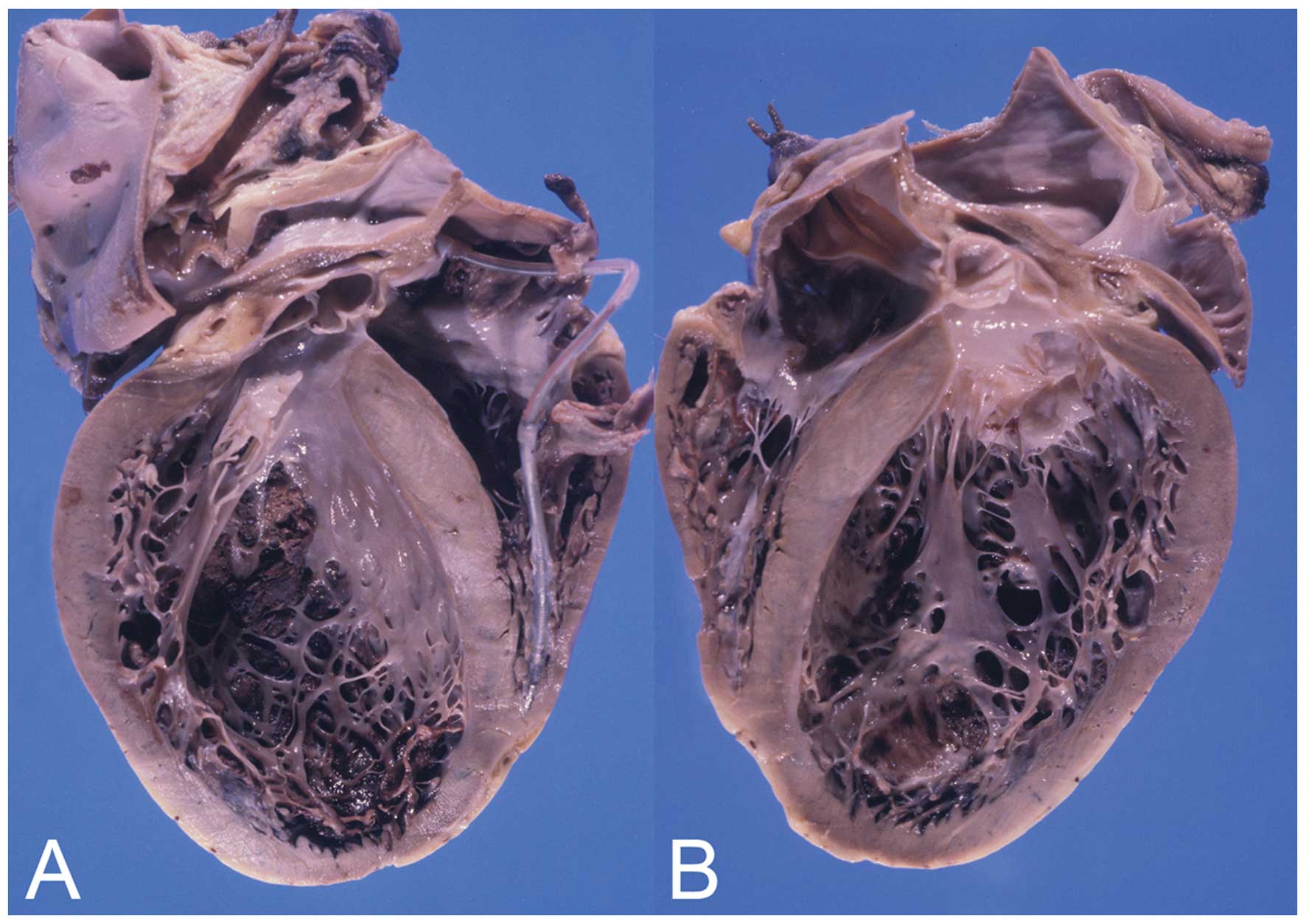
Hypogonadism Cardiomyopathy is a condition that combines two significant health issues: low testosterone levels and heart muscle disease. This rare but serious ailment can lead to heart failure if not managed properly. Hypogonadism refers to the body's inability to produce enough testosterone, affecting both men and women. Cardiomyopathy involves the heart muscle becoming enlarged, thick, or rigid, which can impair its ability to pump blood effectively. Understanding the connection between these two conditions is crucial for early diagnosis and treatment. In this blog post, we'll explore 30 essential facts about Hypogonadism Cardiomyopathy, shedding light on symptoms, causes, treatments, and lifestyle changes that can help manage this complex health issue.
Key Takeaways:
- Hypogonadism cardiomyopathy, caused by low sex hormone levels, weakens the heart and affects daily life. Early recognition of symptoms and proper treatment are crucial for managing this condition effectively.
- Understanding the impact of hypogonadism cardiomyopathy on physical, emotional, and social aspects can help individuals and their families navigate the challenges and make necessary lifestyle adjustments.
What is Hypogonadism Cardiomyopathy?
Hypogonadism cardiomyopathy is a condition where low levels of sex hormones, like testosterone, lead to heart muscle disease. This can cause the heart to weaken and not pump blood effectively. Here are some intriguing facts about this condition.
- Hypogonadism refers to the body's inability to produce normal amounts of sex hormones.
- Cardiomyopathy is a disease of the heart muscle that makes it harder for the heart to pump blood.
- Testosterone is the primary hormone affected in male hypogonadism, impacting heart health.
- Estrogen levels can also affect heart function in females with hypogonadism.
- Symptoms of hypogonadism cardiomyopathy include fatigue, shortness of breath, and chest pain.
Causes of Hypogonadism Cardiomyopathy
Understanding the causes can help in early diagnosis and treatment. Various factors contribute to this condition.
- Genetic disorders can lead to hypogonadism, affecting hormone production.
- Infections like mumps can damage the testes, leading to hypogonadism.
- Autoimmune diseases can attack hormone-producing glands.
- Radiation therapy for cancer can damage hormone-producing tissues.
- Chronic illnesses like diabetes and obesity can contribute to hypogonadism.
Symptoms of Hypogonadism Cardiomyopathy
Recognizing symptoms early can lead to better management of the condition. Symptoms can vary but often include the following.
- Fatigue is a common symptom due to the heart's reduced ability to pump blood.
- Shortness of breath occurs as the heart struggles to supply oxygen-rich blood.
- Chest pain can be a sign of the heart muscle struggling.
- Swelling in the legs may happen due to fluid buildup.
- Irregular heartbeats or palpitations can occur as the heart muscle weakens.
Diagnosis of Hypogonadism Cardiomyopathy
Proper diagnosis is crucial for effective treatment. Several tests and evaluations are used to diagnose this condition.
- Blood tests measure hormone levels to identify hypogonadism.
- Echocardiograms use sound waves to create images of the heart, showing its structure and function.
- MRI scans provide detailed images of the heart muscle.
- Electrocardiograms (ECG) record the electrical activity of the heart.
- Biopsies may be performed to examine heart tissue directly.
Treatment Options for Hypogonadism Cardiomyopathy
Treatment aims to manage symptoms and improve heart function. Various approaches can be taken depending on the severity.
- Hormone replacement therapy can help restore normal hormone levels.
- Medications like beta-blockers and ACE inhibitors can improve heart function.
- Lifestyle changes such as diet and exercise can support heart health.
- Implantable devices like pacemakers may be used to regulate heart rhythm.
- Surgery might be necessary in severe cases to repair or replace damaged heart tissue.
Impact on Quality of Life
Living with hypogonadism cardiomyopathy can be challenging. Understanding its impact can help in managing daily life.
- Physical limitations due to fatigue and shortness of breath can affect daily activities.
- Emotional stress from dealing with a chronic condition can impact mental health.
- Social interactions may be affected as physical symptoms limit participation in activities.
- Work and productivity can suffer due to the physical and emotional toll of the condition.
- Long-term management is often necessary, requiring ongoing medical care and lifestyle adjustments.
Final Thoughts on Hypogonadism Cardiomyopathy
Understanding hypogonadism cardiomyopathy can be a game-changer for those affected. This condition, where low testosterone levels impact heart health, often goes unnoticed. Recognizing symptoms like fatigue, muscle weakness, and heart issues early can lead to better management. Treatments range from hormone replacement therapy to lifestyle changes, offering hope for improved quality of life. Staying informed and proactive about heart health is crucial. Regular check-ups and open communication with healthcare providers make a big difference. Knowledge empowers individuals to take control of their health. Hypogonadism cardiomyopathy might sound daunting, but with the right approach, it’s manageable. Stay curious, stay informed, and take charge of your heart health.
Frequently Asked Questions
Was this page helpful?
Our commitment to delivering trustworthy and engaging content is at the heart of what we do. Each fact on our site is contributed by real users like you, bringing a wealth of diverse insights and information. To ensure the highest standards of accuracy and reliability, our dedicated editors meticulously review each submission. This process guarantees that the facts we share are not only fascinating but also credible. Trust in our commitment to quality and authenticity as you explore and learn with us.
